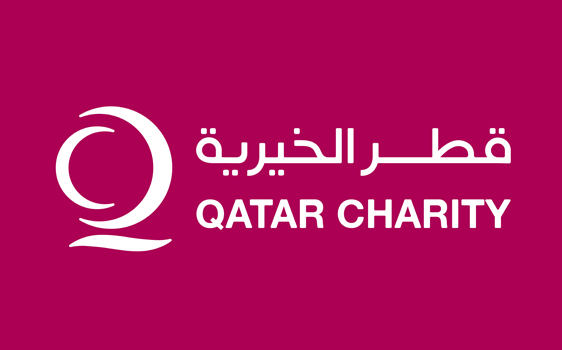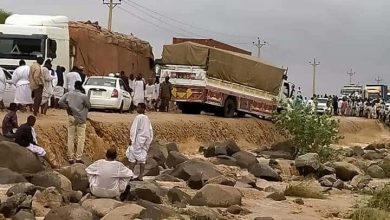Qatar Supports Sudanese Health Sector

Sudan Events- Follow-ups
The Qatar Charity has delivered dispatches of intravenous solutions to health and humanitarian bodies in Gezira and Gadarif states in Sudan to help face the challenge of dengue fever and diarrhea in the two states.
The humanitarian and health authorities in the two states expressed appreciation to Qatar Charity’s intervention that secured 11,200 intravenous solutions. This comes at a time while there is an urgent need for such health interventions to alleviate suffering of patients and the difficult situations.
HAC Commissioner in Gadarif Abdul Kafeel Abdullah, said the Qatar Charity’s intervention has come within difficult and severe situation in which we suffer from lack of these medicines and citizens suffer from many diseases such as dengue fever and diarrhea that have swept the state.
He expressed his happiness with Qatar Charity’s intervention in timing, described it as critical due to the lack of these medicines.
In the meantime, the Humanitarian Aid (HAC) Commissioner extended thanks to Qatar Charity after the competent authorities in Gadarif received (4,200) intravenous solutions.
He pointed out that Gadarif hosts 350,000 IDPs who moved to the region as a result of the fighting in Khartoum. He said those IDPs have been placed in more than (60) shelter centers, which are not the ideal places for prevailing living conditions.
For her part, Dr. Sarah Youssef, Director of Free Treatment at the Ministry of Health in Gazira State, said she appreciates the huge support provided by Qatar Charity to Gazira State in the health sector, adding that (7,000) intravenous solutions were provided to patients.
Qatar Charity said its support with intravenous solution to Gazira and Gadarif states comes as a continuation of Qatar Charity’s ongoing humanitarian efforts since the beginning of its work in Sudan nearly three decades ago.
The charity points out that a number of health projects have been implemented for the IDPs and those affected by the war in several states, particularly for cancer and kidney failure patients in Sudan.



